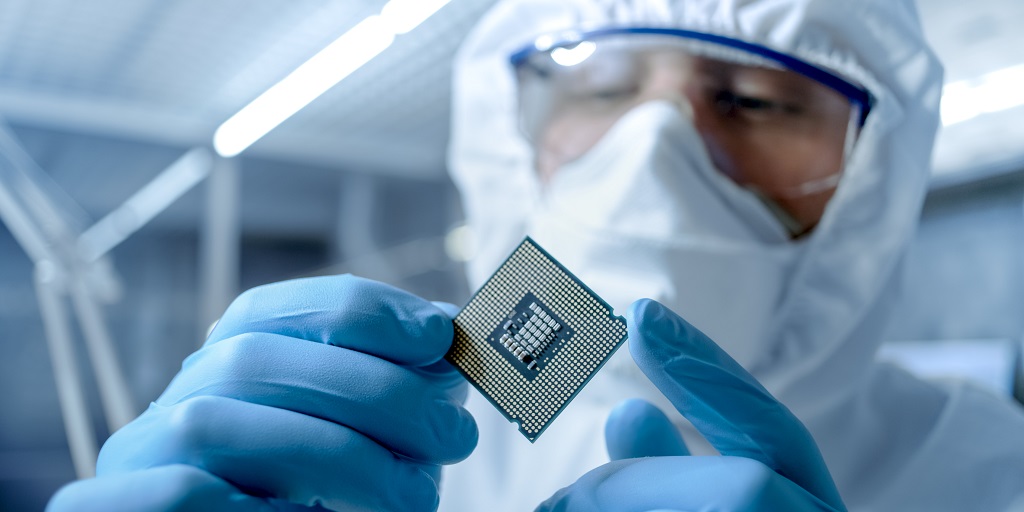The Taiwan Semiconductor Manufacturing Company (TSMC), a major Apple supplier, has delayed the production schedule for its Arizona chip plant to 2025. The company said it is having trouble finding enough workers with specialized skills in the United States to start its production on time.
This may be a setback for the CHIPS and Science Act that President Biden passed in 2022. The CHIPS Act aims to make the United States a global leader in semiconductor manufacturing. Semiconductors, called “the brain” of modern electronics, are used in almost every electronic device—from computers and smartphones to medical devices and the U.S. military’s missile system.
The CHIPS Act provides $52.7 billion to spur domestic growth of semiconductor production, including $39 billion in manufacturing incentives.
While allocating funding toward subsidies for U.S.-based companies and manufacturing plants is important, the effort will fail without a skilled workforce to meet the growing demand for qualified workers in this field. That workforce must include more immigrants.
To achieve the increase in domestic semiconductor production envisioned in the CHIPS Act, there will need to be an increase of approximately 237,000 workers in the industry.
Immigrants are already playing an outsized role in filling the jobs in this sector. About 32.1% of workers in the electronics manufacturing industry were immigrants, while they made up 17.1% of the U.S. labor force overall, according to an analysis of the 2021 American Community Survey. In Arizona, where TSMC’s chip plant will be located, 22.7% of the electronics manufacturing labor force were immigrants.
To advance the semiconductor industry, the country will need an influx of STEM (science, technology, engineering, and mathematics) experts, and immigrants are a driving force in the development of America’s STEM workforce. In 2021, our analysis shows that immigrants made up more than one out of every five (22.7%) STEM workers in the country. Recruiting workers with degrees in STEM fields will require drawing from U.S. advanced degree programs—where almost half of all recent graduates (45%) were international students.
Occupations in the semiconductor industry are not limited to those that require a degree. In fact, according to a report from data analytics company Lightcast, the largest labor gap among all semiconductor manufacturing occupations is for electrical, electronic, and electromechanical assemblers, who are already in short supply across the entire labor market. This role typically requires a high school diploma or equivalent. Currently, 43.9% of workers in this occupation are foreign-born in the electronics manufacturing industry. Among those that are immigrants, many are from Vietnam (20.7%) and Mexico (16.8%).
Immigrants are crucial in ensuring the success of the CHIPS Act and the growth of the semiconductor industry in the United States. The current cap on available green cards, H-1B visas, H-2B visas, and other work visas does and will continue to inhibit efforts to fill workforce gaps and achieve the goals of the CHIPS Act.
If the industry is unable to fill vacant roles, the competitiveness of America’s semiconductor industry will falter.
FILED UNDER: STEM


